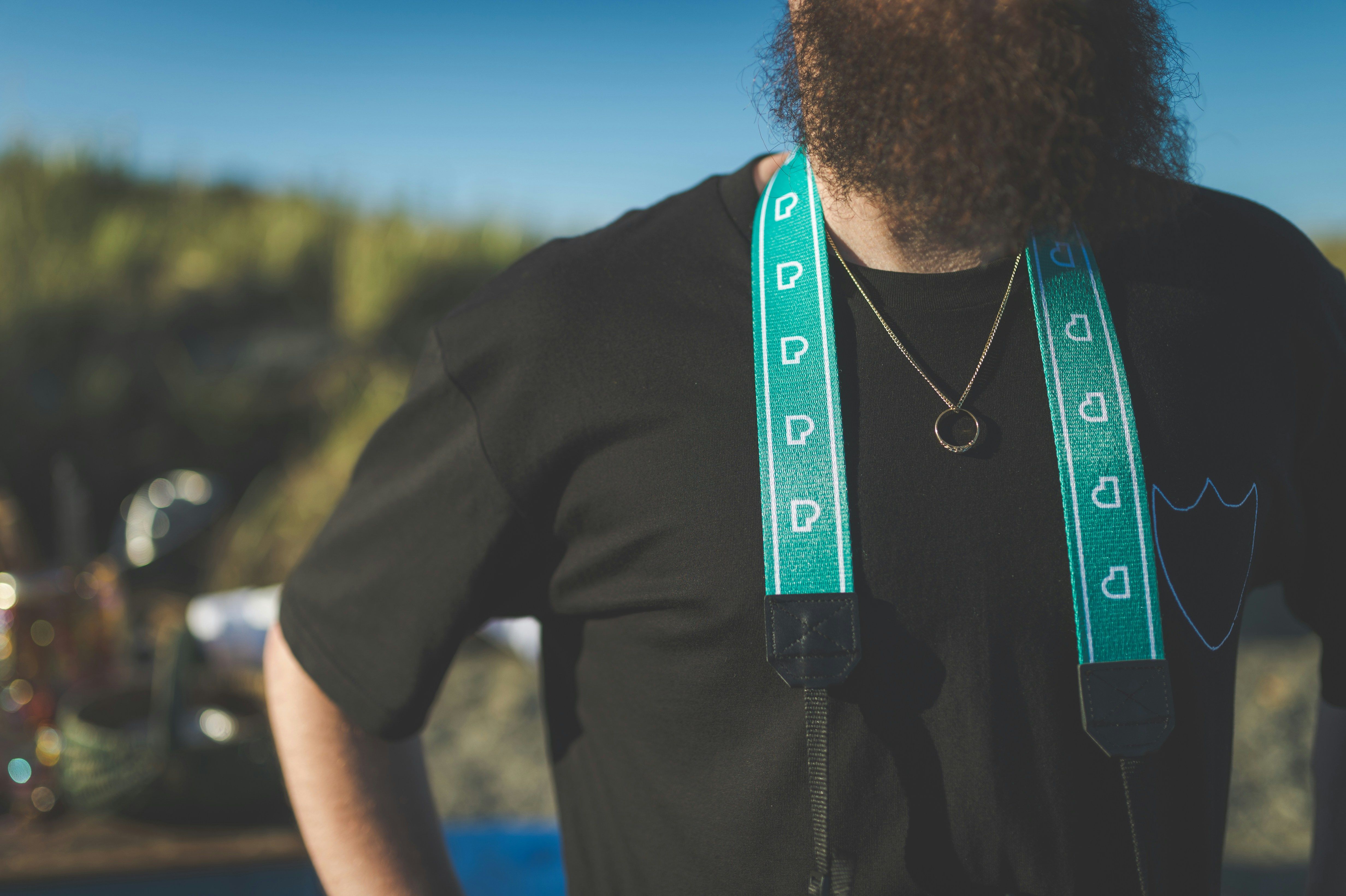Support and Connection for Individuals with HER2-Low Metastatic Breast Cancer
Those diagnosed with HER2-low metastatic breast cancer do not need to face their battle alone. A wealth of community support is available for individuals navigating this condition, comprising support groups, survivorship programs, financial assistance, and copious online resources to ease the journey.
Cleveland Clinic, a non-profit academic medical center, offers invaluable community support for people living with various conditions. Speaking on this subject is Nivia Ruiz, MD, a palliative medicine specialist. She advocates that searching for community support is one of the most crucial steps in the initial stages following a metastatic breast cancer diagnosis.
Such community support offers valuable insights into treatment options and shared experiences, bolstering emotional wellbeing and providing a safe space to express individual experiences. Dr. Ruiz outlines various methods communities can benefit those living with metastatic cancer and how to initiate connections.
Moving forward, we discuss HER2-low breast cancer – a recent designation for breast cancers exhibiting minimal HER2 protein levels. While previously classified as HER2-negative, research into HER2-low is burgeoning. The outlook for potential treatment options is encouraging, with clinical trials already underway to assess the effectiveness of new and innovative therapies.
Clinical trials are a prominent consideration for those in search of additional treatment options or experiencing limited success with existing alternatives. By participating in such studies, individuals not only obtain hope and a sense of purpose, but they may also connect with others in similar circumstances. As Dr. Ruiz notes, clinical trials offer insights into potential life-prolonging options.
Outside of clinical research, other avenues for connecting with the HER2-low metastatic breast cancer community include working with cancer care coordinators, social workers, survivorship programs, helplines, online forums, and support groups.
Individuals can connect with cancer care coordinators, who function as the primary point of contact for various institutions, providing access to educational resources, financial aid, networking opportunities, and more. Social workers are additional resources that can connect individuals with support groups and networking opportunities.
Cancer survivorship programs focus on helping people in all stages of the cancer experience, from diagnosis through recovery. Organizations like the American Cancer Society offer extensive 24/7 cancer survivor networks and web-based apps connecting people affected by breast cancer.
When in need of emotional support, Living Beyond Breast Cancer operates a national helpline linking people with those who have experienced and are living with breast cancer. For immediate assistance regarding mental health concerns, anxiety, or depression, one can reach out to the 988 Suicide & Crisis Lifeline.
Online forums, such as those provided by Living Beyond Breast Cancer and the American Cancer Society, offer alternative venues for those preferring a less public platform. Dr. Ruiz also recommends SurvivorNet as a valuable source of information, where cancer survivors discuss their experiences and stories.
"Every individual is unique, so seeking out others' stories and identifying helpful strategies that resonate can be an invaluable resource," encourages Dr. Ruiz.
Establishing connections is not always straightforward, especially in such a serious context. People might hesitate to share their feelings due to causing anxiety or feeling burdened by their circumstances. However, discussing emotions and experiences with a trusted friend, loved one, or support group member can alleviate anxieties surrounding a cancer diagnosis.
For those unsure about making connections or uncertain where to begin, strategies for forging bonds with others experiencing similar circumstances can be helpful. Dr. Ruiz offers the following tips to build bridges:
- Give yourself space: Process your diagnosis, speak with your healthcare team, and provide yourself time to adjust and understand the impact on your life.
- Be patient with yourself: Recognize that healing is an intricate process with ups and downs. Focus on managing symptoms, self-comfort, and seeking joy.
- Ask for help when needed: Reach out to individuals you feel most comfortable with for assistance when necessary.
- Embrace your alone time: Allow moments of solitude for self-care and reflection.
- Connect with a social worker: Social workers, trained in psychotherapy and behavioral therapy, can help address anxieties and assist with coping strategies.
- Join a support group: Online forums, support groups, and survivorship organizations can provide a sense of community and understanding.
In a moment of vulnerability, it may be challenging to share feelings with new acquaintances. However, as Dr. Ruiz emphasizes, empathy, compassion, and honest communication about one's feelings, goals, and lived experiences can be powerful and uplifting for both the individual and their caregivers.
"Openly sharing your experience with others can help them navigate their journey more effectively, and sometimes, it works the other way around," says Dr. Ruiz. "At the end of the day, it is about your determination to live a fulfilling life and what you aspire to do with the time you have."
- Cleveland Clinic, a non-profit academic medical center, offers invaluable community support for individuals living with various conditions.
- Dr. Nivia Ruiz, a palliative medicine specialist, stresses the importance of searching for community support following a metastatic breast cancer diagnosis.
- Communities offer valuable insights into treatment options, shared experiences, and a safe space to express individual experiences for those living with metastatic cancer.
- Clinical trials for HER2-low breast cancer are underway to assess the effectiveness of new and innovative therapies, offering hope and potential life-prolonging options.
- Individuals can connect with cancer care coordinators, social workers, and survivorship programs for educational resources, financial aid, networking opportunities, and emotional support.
- When in need of emotional support, resources such as helplines, online forums, support groups, and SurvivorNet can provide a sense of community and understanding, helping individuals navigate their cancer journey more effectively.








